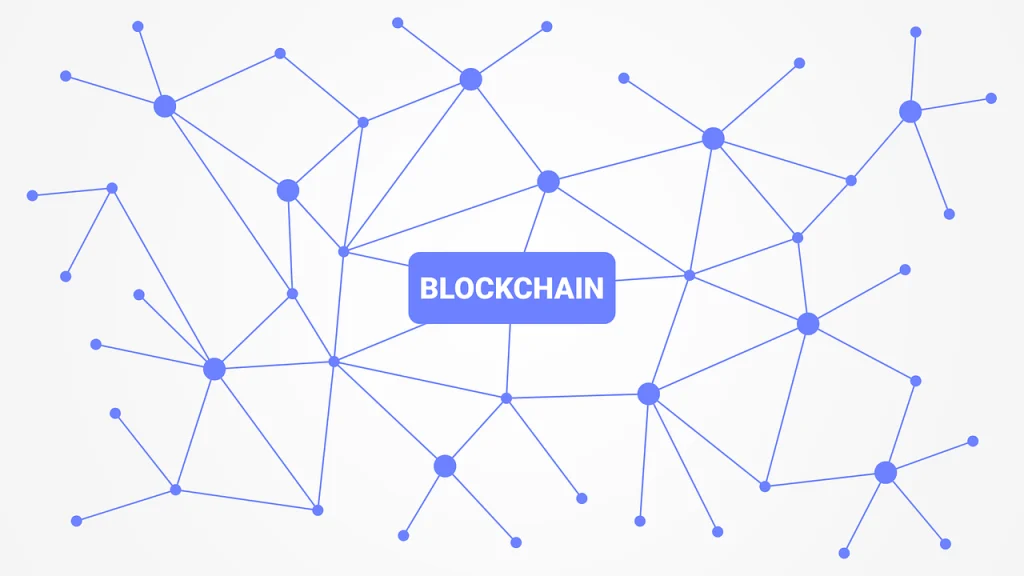Introduction
Blockchain technology, the backbone of cryptocurrencies like Bitcoin and Ethereum, has emerged as a revolutionary force in various industries, including finance, supply chain management, healthcare, and more. As its applications continue to expand, the demand for skilled blockchain professionals is rising. This article explores blockchain courses, their importance, types, and what learners can expect from these educational programs.

Understanding Blockchain Technology
Blockchain is a decentralized ledger that records transactions across multiple computers in a way that ensures security, transparency, and immutability. Each block in the chain contains a list of transactions, and once a block is added, it cannot be altered without changing all subsequent blocks, making the system highly secure against fraud and tampering.
The Importance of Blockchain Courses
- High Demand for Skills: With industries increasingly adopting blockchain technology, there is a growing need for professionals who understand how to develop, implement, and manage blockchain systems.
- Career Advancement: Acquiring blockchain expertise can open doors to new career opportunities in various sectors, from finance and IT to supply chain and healthcare.
- Innovation and Entrepreneurship: Understanding blockchain can inspire innovation and entrepreneurial ventures, as the technology offers numerous possibilities for creating new business models and solutions.
- Competitive Edge: Having blockchain knowledge provides a competitive edge in the job market, making candidates more attractive to potential employers.
Types of Blockchain Courses
Blockchain courses come in various formats, catering to different learning preferences and career goals:
- Online Courses: These courses offer flexibility, allowing learners to study at their own pace from anywhere. Platforms like Coursera, Udemy, and edX provide a wide range of blockchain courses, from beginner to advanced levels.
- University Programs: Many universities now offer blockchain courses and specializations as part of their computer science or business programs. Institutions like MIT, Stanford, and the University of California offer such courses.
- Bootcamps: Intensive, short-term programs designed to equip learners with practical skills in a short period. Bootcamps like ConsenSys Academy and Blockchain Council offer hands-on training.
- Professional Certifications: Certifications from recognized organizations, such as the Blockchain Certification from the Blockchain Training Alliance or the Certified Blockchain Expert from the Blockchain Council, validate a learner’s expertise and enhance their professional credentials.
- Workshops and Seminars: These are often provided by industry experts or organizations and focus on specific aspects of blockchain technology, providing in-depth knowledge and practical insights.

Key Components of Blockchain Courses
While the content and structure of blockchain courses may vary, most comprehensive programs cover the following key components:
- Introduction to Blockchain Technology: This foundational module covers the basics of blockchain, including its history, key concepts, and how it works.
- Cryptocurrencies and Blockchain Applications: Learners explore various applications of blockchain technology, with a focus on cryptocurrencies like Bitcoin and Ethereum, as well as other use cases in different industries.
- Smart Contracts: Courses delve into smart contracts, self-executing contracts with the terms directly written into code, and their applications.
- Blockchain Development: This component covers the technical aspects of blockchain, including coding languages (such as Solidity for Ethereum), developing decentralized applications (dApps), and understanding blockchain platforms.
- Security and Privacy: Learners study the security features of blockchain technology, potential vulnerabilities, and best practices for ensuring privacy and security.
- Consensus Algorithms: Courses explain different consensus mechanisms, such as Proof of Work (PoW), Proof of Stake (PoS), and their roles in maintaining blockchain integrity.
- Regulatory and Ethical Considerations: Understanding the legal and ethical implications of blockchain technology is crucial, and courses often include this aspect to ensure responsible use and compliance.
Benefits of Taking Blockchain Courses
- Practical Skills: Blockchain courses provide hands-on experience with blockchain tools and platforms, equipping learners with the skills needed to develop and manage blockchain applications.
- Industry-Relevant Knowledge: Courses are often designed in collaboration with industry experts, ensuring that the content is relevant and up-to-date with current trends and practices.
- Networking Opportunities: Many courses offer opportunities to connect with peers, instructors, and industry professionals, fostering a network that can be valuable for career advancement.
- Flexible Learning Options: With a range of online and in-person options, learners can choose the format that best suits their schedule and learning style.

Conclusion
Blockchain technology is reshaping the future of various industries, and the demand for skilled professionals is only expected to grow. Blockchain courses offer a gateway to understanding and mastering this transformative technology, providing learners with the knowledge and skills needed to succeed in a rapidly evolving landscape. Whether you are a beginner looking to understand the basics or an experienced professional aiming to advance your career, there is a blockchain course out there to meet your needs. By investing in blockchain education, you are positioning yourself at the forefront of innovation and opportunity.


